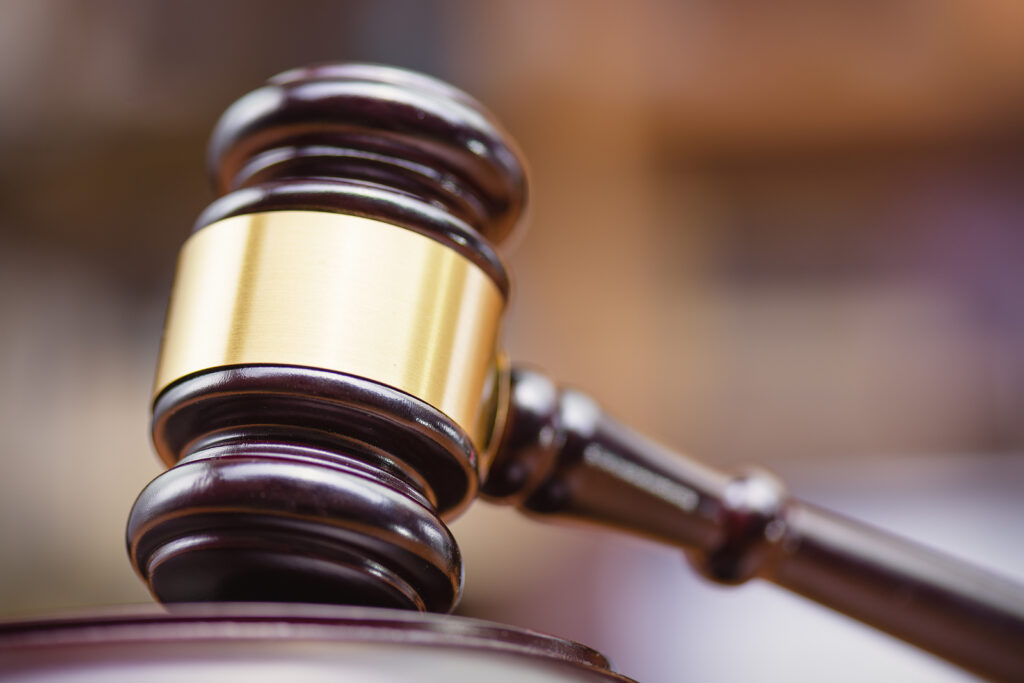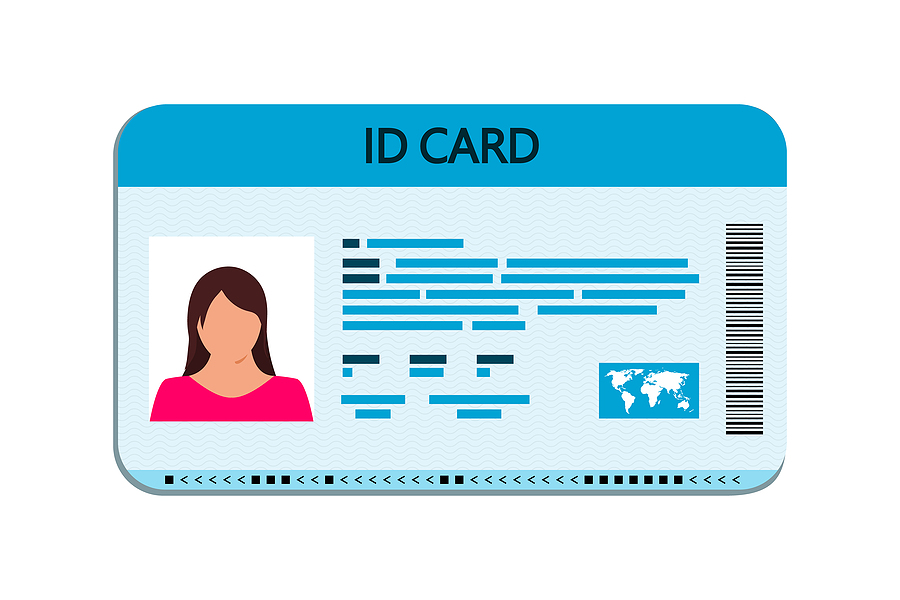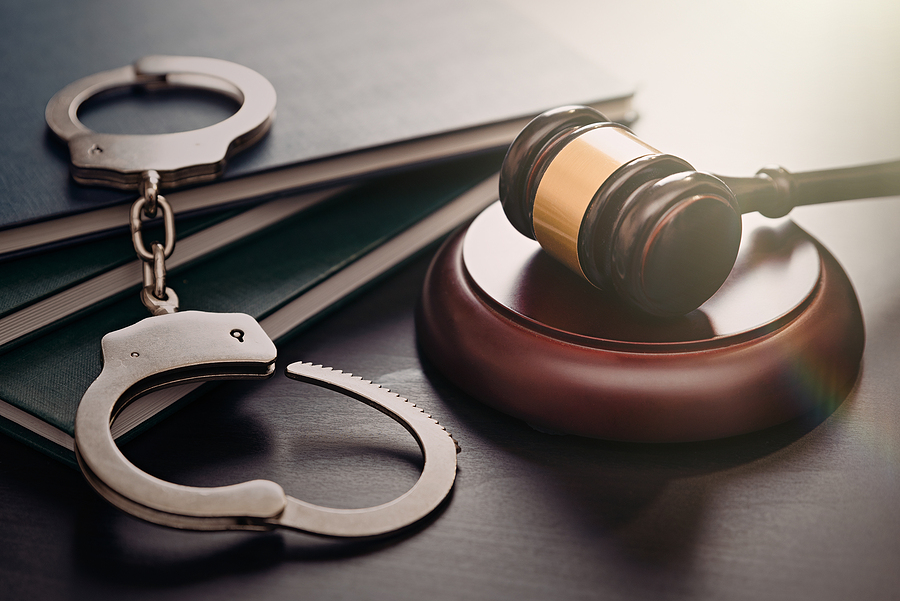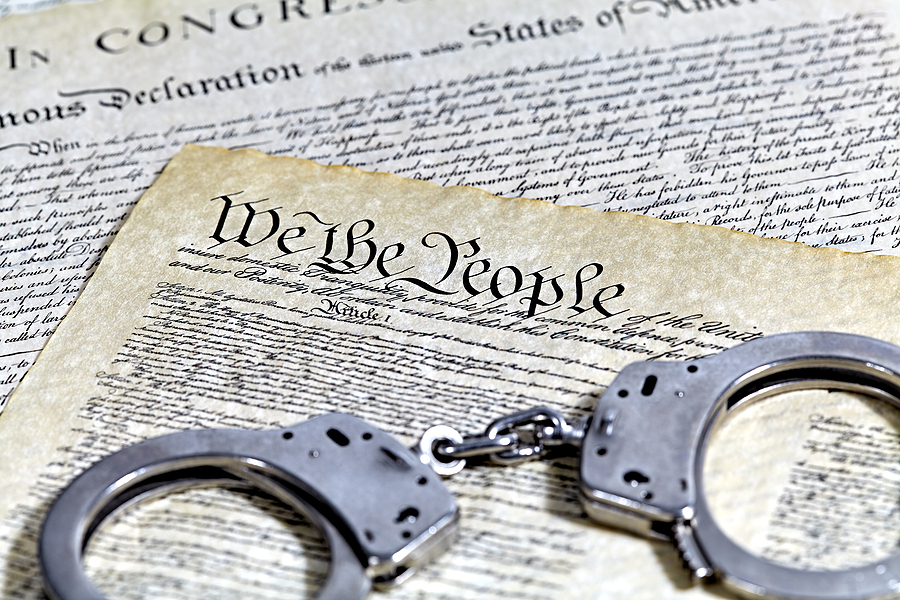When you think of theft, the first thing that comes to mind is probably a person stealing something from a store. But in Indiana, there are different classifications of theft charges, and each one can carry serious penalties. If you are convicted of burglary, for example, you could face up to 30 years in prison. Robbery is another charge that can result in a long prison sentence; if you are convicted of robbery, you could spend up to 20 years behind bars. These are just two examples of the many theft charges that exist in Indiana. If you have been charged with any type of theft, it is important to speak with an experienced criminal defense lawyer who can advise you on your options and help protect your rights.
For now, continue below to dive deeper into the difference between burglary and robbery, including how their charges might render separate penalties in Indiana.

Burglary Versus Robbery in Indiana
In Indiana, robbery and burglary are two separate crimes with different elements and punishments. Burglary is defined as the illegal entry into a building or other structure with the intent to commit a crime inside it, while robbery involves theft by force or threat of force.
Burglary Crimes
Burglary in Indiana can be charged as either a Class D felony or a Class A misdemeanor. The felony charge applies when the burglar enters the building with an intent to commit a crime inside, such as theft. A Class D felony is punishable by up to three years in prison and/or fines of up to $10,000.
Robbery Crimes
Robbery is a more serious crime than burglary and is treated as a Level 3 felony in Indiana. This means that if convicted, the individual will face up to 16 years in prison and/or fines of up to $10,000. Robbery occurs when someone takes something belonging to someone else by force or threat of force, such as through violence or intimidation.
Theft Charges in Indiana are Serious Criminal Cases
It is important to remember that burglary and robbery are both serious offenses in Indiana and can result in significant jail time, fines, and other penalties. If you have been charged with either of these crimes, it is important to speak to an experienced criminal defense attorney in Indianapolis as soon as possible. An attorney can help you understand your rights and the legal process, as well as identify any potential defenses you may have. Don’t risk going through the legal system alone; make sure to protect your rights and get the help of an experienced attorney.
This blog was written for informational purposes only and should not be taken as legal advice. If you have been charged with burglary or robbery in Indiana, contact the Law Office of David E. Lewis at 317-636-7514 to speak to a seasoned Indianapolis theft lawyer you can trust. Our law firm will get you the best possible outcome to your criminal case!
Related Posts:
The Difference Between Car Theft and Grand Theft Auto
Were You Charged With Misdemeanor or Felony Theft in Indiana?
Is a Public Defender a Good Choice for My Indiana Criminal Case?









